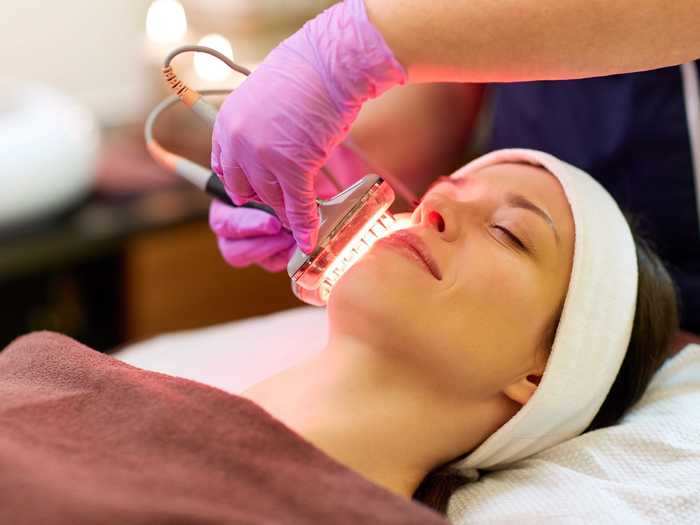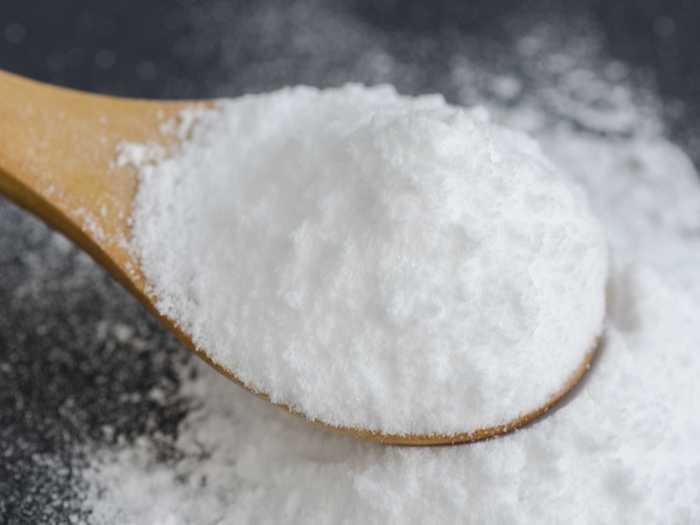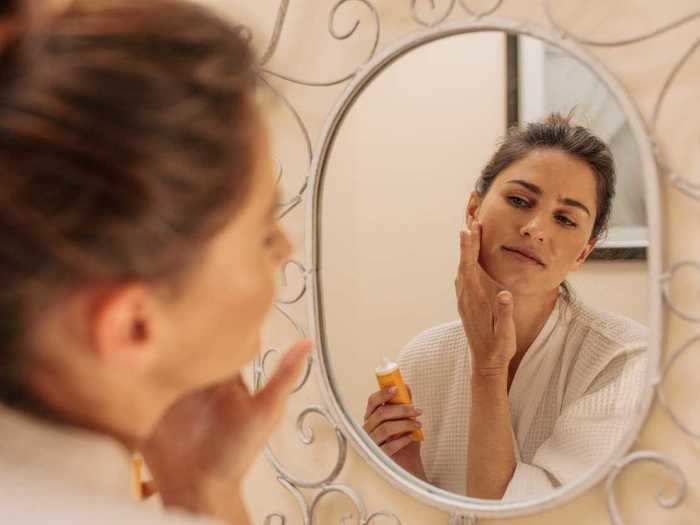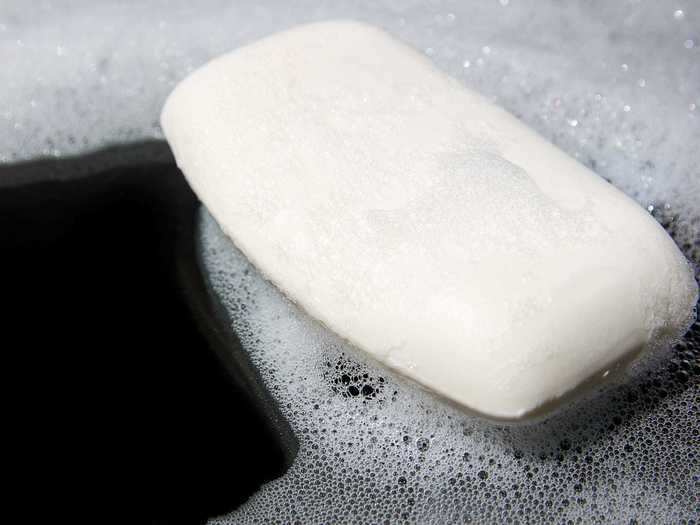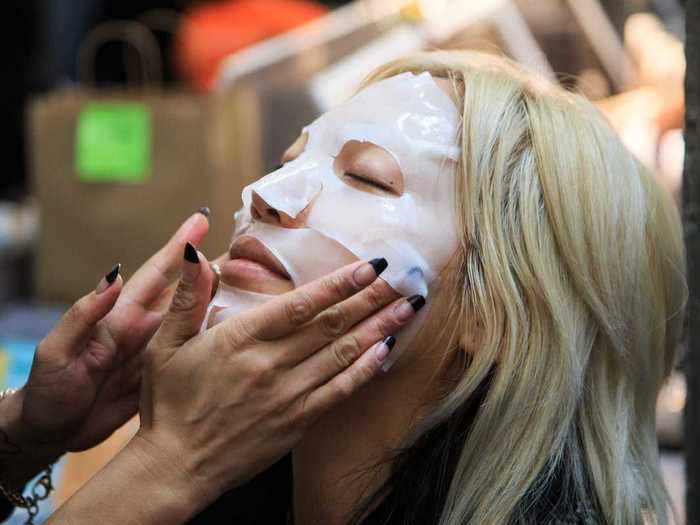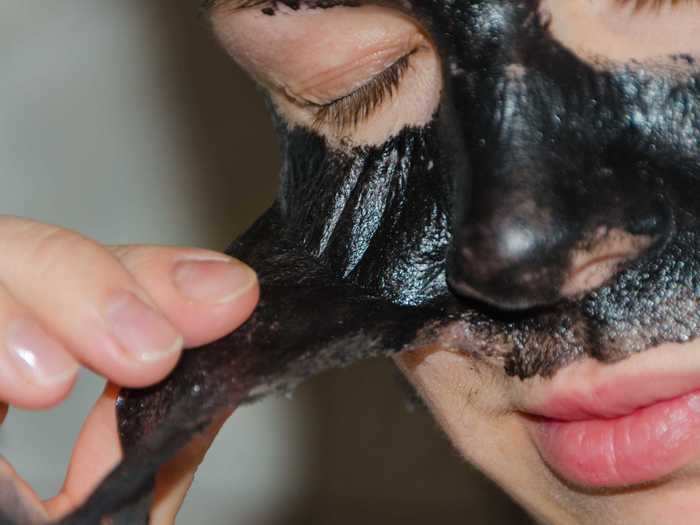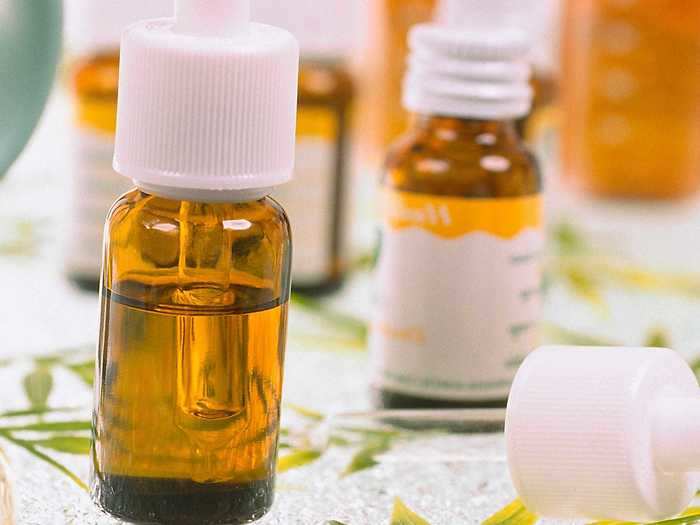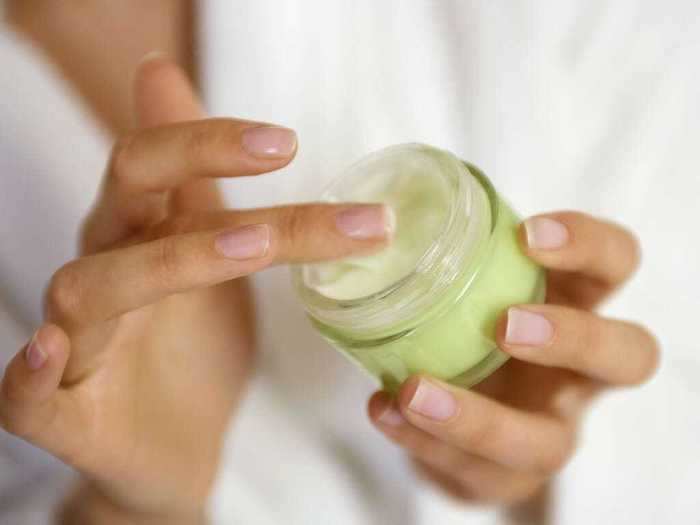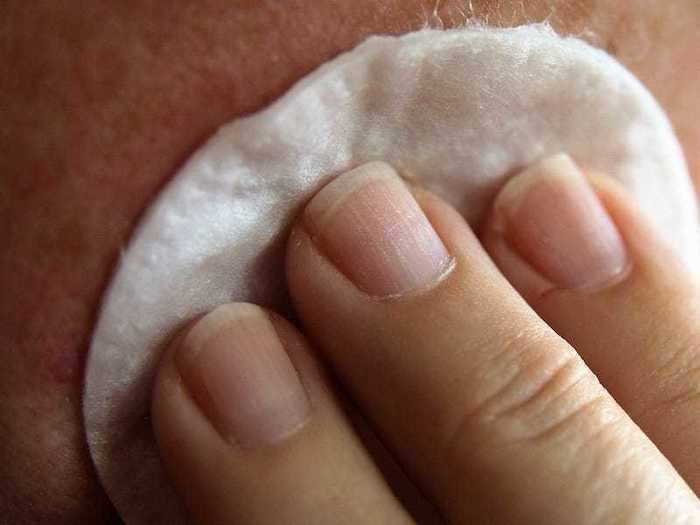Some skin-care products contain potentially harmful ingredients.iStock
- Some viral skin-care trends can do more harm than good, according to dermatologists.
- Peel-off masks, charcoal masks, and DIY skin-care recipes can damage your skin.
- "Natural" and "organic" skin-care products aren't always better.
When it comes to skin care, it seems like there's always a new trend. But not every fad is safe for your skin.
"I don't think people should ignore trends, but they should always proceed with caution," New York-based dermatologist Dhaval Bhanusali told Insider. "Just because something worked for one person, doesn't mean it will work for another. You have to be careful."
Here are 10 skin-care trends that dermatologists say you should be cautious about:
Cosmetic procedures aren't always safe.
Sometimes an unqualified person could be performing a skin-care procedure.
Shutterstock
Bhanusali told Insider that cosmetic procedures have become widely available, but not everyone who administers them is qualified — which can sometimes result in complications.
If you're looking to get a cosmetic procedure done, it's always best to see a trusted professional or board-certified dermatologist.
DIY skin care can be dangerous.
Baking soda can irritate your skin.
Shutterstock
The idea of making homemade masks, serums, or moisturizers is tempting, but Bhanusali said those concoctions usually do more harm than good.
Sometimes they can even cause chemical burns.
"I'm seeing more complications from DIY masks and at-home treatments, particularly with darker skin types," he told Insider. "It's always important to consult with experts before doing something that can harm your skin."
Peel-off masks can be damaging.
There are better ways to cleanse your skin.
iStock
It's easy to understand the allure of peel-off masks. After using one, it can feel like you've removed any and all impurities from your skin, which is totally satisfying.
But Minnesota-based dermatologist Holly Hanson said that they can actually damage your skin.
"Oftentimes these masks are abrasive and work by removing the outer layer of the skin," she told Insider. "There are more effective ways to cleanse the skin without damaging it."
Soap bars aren't the best thing to use in the shower.
They may be irritating your skin.
iStock
"One skin-care trend that has been popular with men for years is using soaps in the shower," Hanson said. "Although people enjoy the scent, these soaps are over-drying and can lead to rashes, especially in the winter."
She suggested using something unscented that's also moisturizing, so it will cleanse and replenish your skin instead of stripping it dry.
Not all advice from the internet is legitimate.
Viral trends aren't all dermatologist-approved.
Anna Webber/Getty Images
Hanson said there's a downside to the online popularity of skin care.
"Anyone can claim to be an expert in skin care without any training," she told Insider. "My advice would be to only trust a board-certified dermatologist when it comes to your skin. We go through years of training solely on skin."
Charcoal masks aren't all created equally.
Sometimes they can contain not-so-great ingredients.
iStock
Charcoal face masks seem to be everywhere, but New York-based dermatologist Ritu Saini suggested checking the ingredients before you apply them to your face.
"Charcoal itself isn't the problem but more so the glue used to apply the mask can peel off normal skin cells and cause damage," she said. "Overuse of these masks can cause the skin to get very dry and irritated."
Natural oils aren't always the best moisturizer.
Oils aren't always meant to be applied to your face.
BSIP/Getty Images
It may be tempting to skip store-bought moisturizer and use the natural oil in your pantry but they can cause some skin issues, Marisa Garshick, a dermatologist in New York, told Insider.
"Be cautious when using oil on your skin as it can clog pores, which is especially important in those with acne-prone skin," she said. "Other natural oils can contain fragrance which can irritate those with sensitive skin."
She added, "I typically recommend a facial moisturizer in the form of a cream or lotion to provide the best hydration, especially for those with sensitive or acne-prone skin."
"Natural" and "organic" don't always mean what you think.
It's not always cleaner or safer.
Reuters
Words like "organic" and "natural" have flooded the skin-care scene, and some might think that means products are cleaner and safer, but that's not always the case, according to Virginia-based dermatologist Stephanie Daniel.
"Somehow, organic has translated to safer and hypoallergenic," she said. "I have to remind many of my sensitive-skinned patients that 'organic' usually equates to greater potential for allergy."
Online prescriptions aren't always safe.
You can't always be sure what you're getting.
iStock
Ordering prescriptions online might mean you're not receiving information about all of the important instructions or potential side effects.
"Online prescription subscriptions also worry me," Daniel told Insider. "They often put the right diagnosis in the patient's hands and the medication consequences don't get fully discussed."
Toners can be irritating or drying for the skin.
They're not the best for every skin type.
Pixabay
A popular product that some dermatologists don't particularly love is toner.
"A lot of patients love toners because of the tight, clean feeling it gives when first applied," Colorado-based dermatologist Lauren Meshkov Bonati told Insider. "However, I often discourage patients from using them because most toners contain alcohol, which is very drying for the skin and can cause irritation, particularly in the dry winter months and for patients with sensitive skin."
She continued, "For those who absolutely can't give it up, I recommend alcohol-free products."
Read More:

